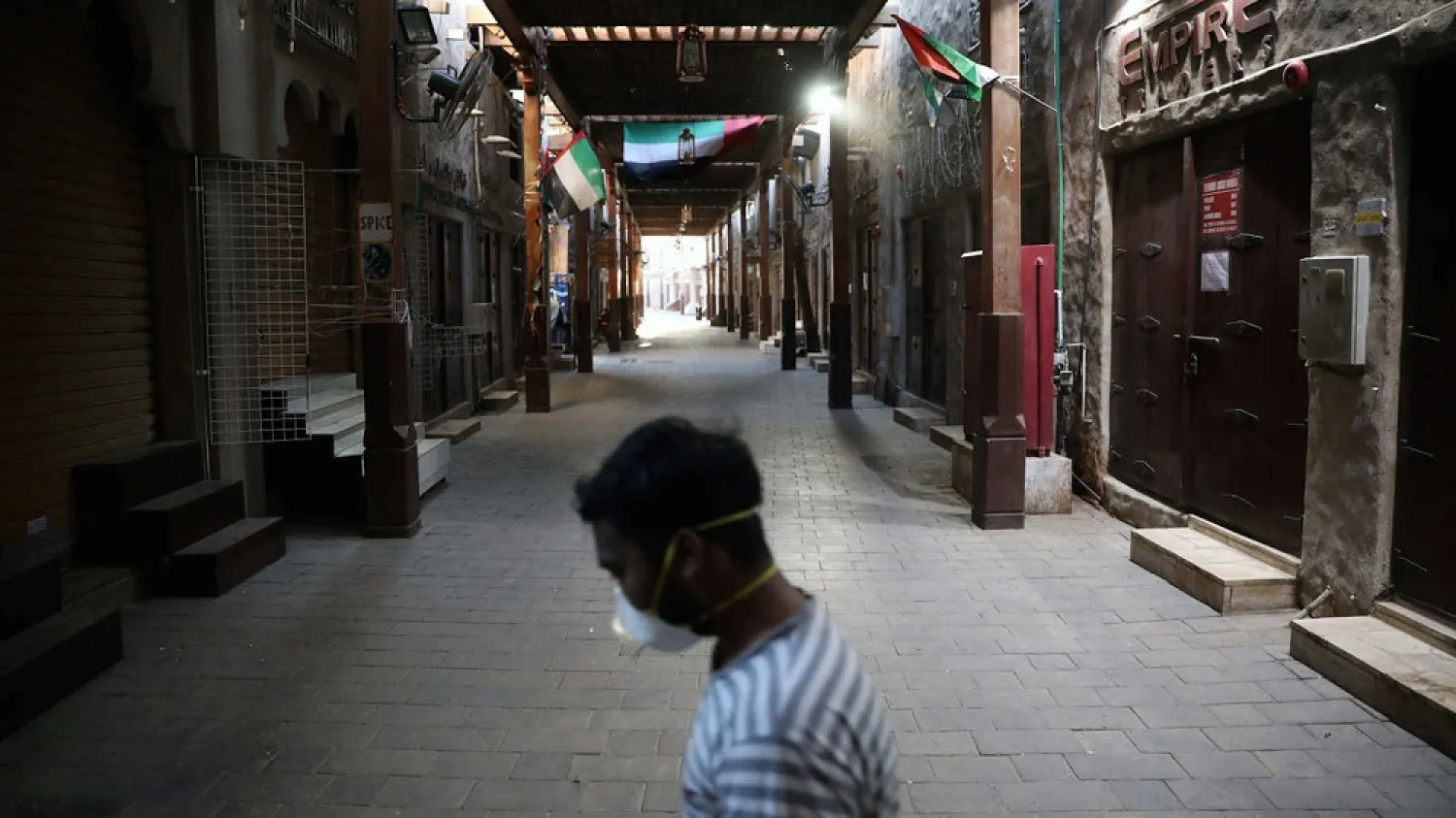Dubai, the business and financial hub of the United Arab Emirates (UAE), has approved a 57.1 billion dirham ($15.55 billion) budget for 2021, when the economy is expected to recover from a contraction this year, its ruler said on Sunday.
The statement did not give a comparison to actual spending in 2020, but the size of the 2021 budget is 14% below the 66.4 billion dirhams it had set for 2020.
This year’s budget had factored in economic dividends from the Expo 2020 world fair, a six-month event originally slated to begin in October but postponed for a year due to the COVID-19 pandemic.
The 2021 budget, which was approved by Dubai’s ruler Sheikh Mohammed bin Rashid Al Maktoum, takes into account the exceptional economic conditions of the fiscal year 2020 and the repercussions of the pandemic on the global economy, the statement on Sheikh Mohammed’s website said.
Dubai, with its diversified trade and tourism economy, was hit hard by a lockdown and suspension of flights earlier this year.
The economy is expected to contract 6.2% in 2020 before growing 4% in 2021, supported by the continued recovery of economic activities, it said.
The statement said Dubai is expected to achieve public revenues of 52.314 billion dirhams, despite the economic incentive measures adopted by the government to reduce some fees and freeze fee increases.
Non-tax revenues, which come from state fees on various services, account for 59% of the total expected revenues, while tax revenues account for 31% and government investment revenues 6%.
This means Dubai is expected to post a deficit of 4.786 billion dirhams in 2021, up from the 2.4 billion dirhams deficit budgeted in 2020.
The public revenue forecast is based on ongoing operations in the emirate and does not rely on oil revenues. Oil revenues account for 4% of the total projected revenues for the fiscal year 2021.
The government also approved 9% of spending to maintain the volume of investment in infrastructure.









